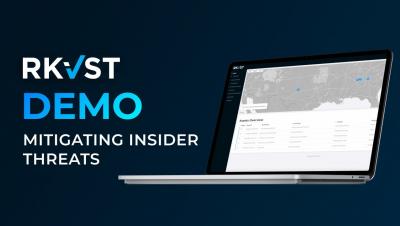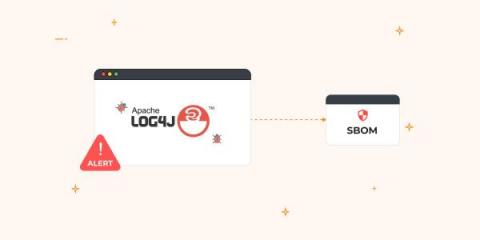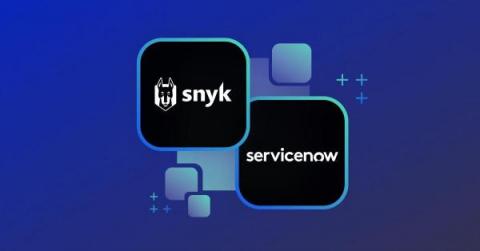Security | Threat Detection | Cyberattacks | DevSecOps | Compliance
SBOM
RKVST mitigating insider threats demo
Reduce risk to your supply chain with a software bill of materials (SBOM)
Today, we’re excited to launch a few new features as part of our ongoing efforts in our Software Supply Chain Security solution. These developer-first tools help you gain a better understanding of your app’s supply chain, identify potential risks, and take the necessary steps to get ahead of them.
Introducing parlay, a tool for enriching SBOMs
The increasing adoption of software bill of materials (SBOM) standards are starting to drive better interoperability between security tools. The NTIA’s work on defining a minimum set of elements for an SBOM was a key part of that, especially with multiple formats like CycloneDX and SPDX in widespread use. But with work on SPDX 3.0 and CycloneDX 1.5 progressing, there are lots of things we can do with the SBOM formats beyond the minimum elements.
What can you do with an enriched SBOM? A parlay quickstart guide
We just released parlay, a new open source tool that can enrich SBOMs with additional information. You can read more in the announcement blog post. In that post, we briefly mentioned why this is important for decision-making based on SBOM data, but thought a few quick examples might be interesting. parlay can add a lot of extra information to an SBOM, and we can use that information to write more powerful policies.
New Bytesafe Feature: SBOM import
We are excited to share a new Bytesafe feature that will help you manage and secure your supply chain: the ability to import Software Bill of Materials (SBOM) files into Bytesafe. This enhancement, designed with our users' needs in mind, is a significant stride towards improved software supply chain security. It offers a solution to track current and potential vulnerabilities in your dependencies without sharing your proprietary source code or other sensitive data.
What's Driving the Adoption of SBOMs? What's Next for Them?
As the software bill of materials (SBOM) becomes ubiquitous for compliance and security purposes, what has previously been a nice-to-have option is fast becoming indispensable. If you want to do business with significant partners, such as public and federal organizations, and if you want to grow your business by floating your company or engaging in M&A activity, then you’re going to need SBOMs. This demand is driven by two key trends, one technical and the other legislative.
Log4j Vulnerability and the Importance of SBOM in Software Supply Chain Security
The Apache Log4j vulnerability has been making global headlines since it became public on 9th December 2021. The report stated that the vulnerability affects Apache log4j between versions 2.0 and 2.14.1 and is independent of the underlying JDK version. It was a full-blown security meltdown that resulted in hackers performing remote code executions and affected digital systems across the globe. In response, Apache implemented patch fixes, but some components remained unattended.
How to generate an SBOM for JavaScript and Node.js applications
SBOM is the acronym for Software Bill of Materials, which is a list of all the open source npm packages that are part of your project. But it’s not only limited to open source or software packages, and can include operating system libraries, microservices inventory and more.
Snyk and ServiceNow collaborate on new SBOM solution
ServiceNow’s biggest event of the year — Knowledge 2023 — is here, and Snyk is excited to be a part of it with some big news! Back in January, we announced Snyk Security for Application Vulnerability Response to bring Snyk Open Source software composition analysis to ServiceNow Security Operations.










